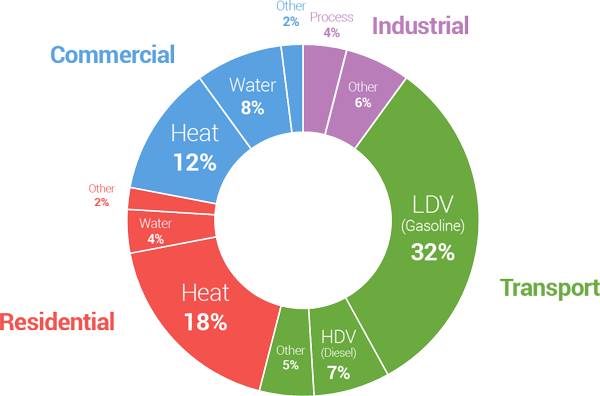Heat Pumps, Smart Controls, VRFs, Oh My!
By David Lis | Mon, May 13, 19
Do you remember where you were on June 2, 2014?
Some of you may have been in Newport, Rhode Island at NEEP’s first in-person Air Source Heat Pump (ASHP) Market Transformation Workshop: Air Source Heat Pump Workshop – Warming Up the Market. Months before the workshop, NEEP had published a market transformation strategies report that had established a roadmap for regional stakeholder collaboration towards market development of ASHPs.

